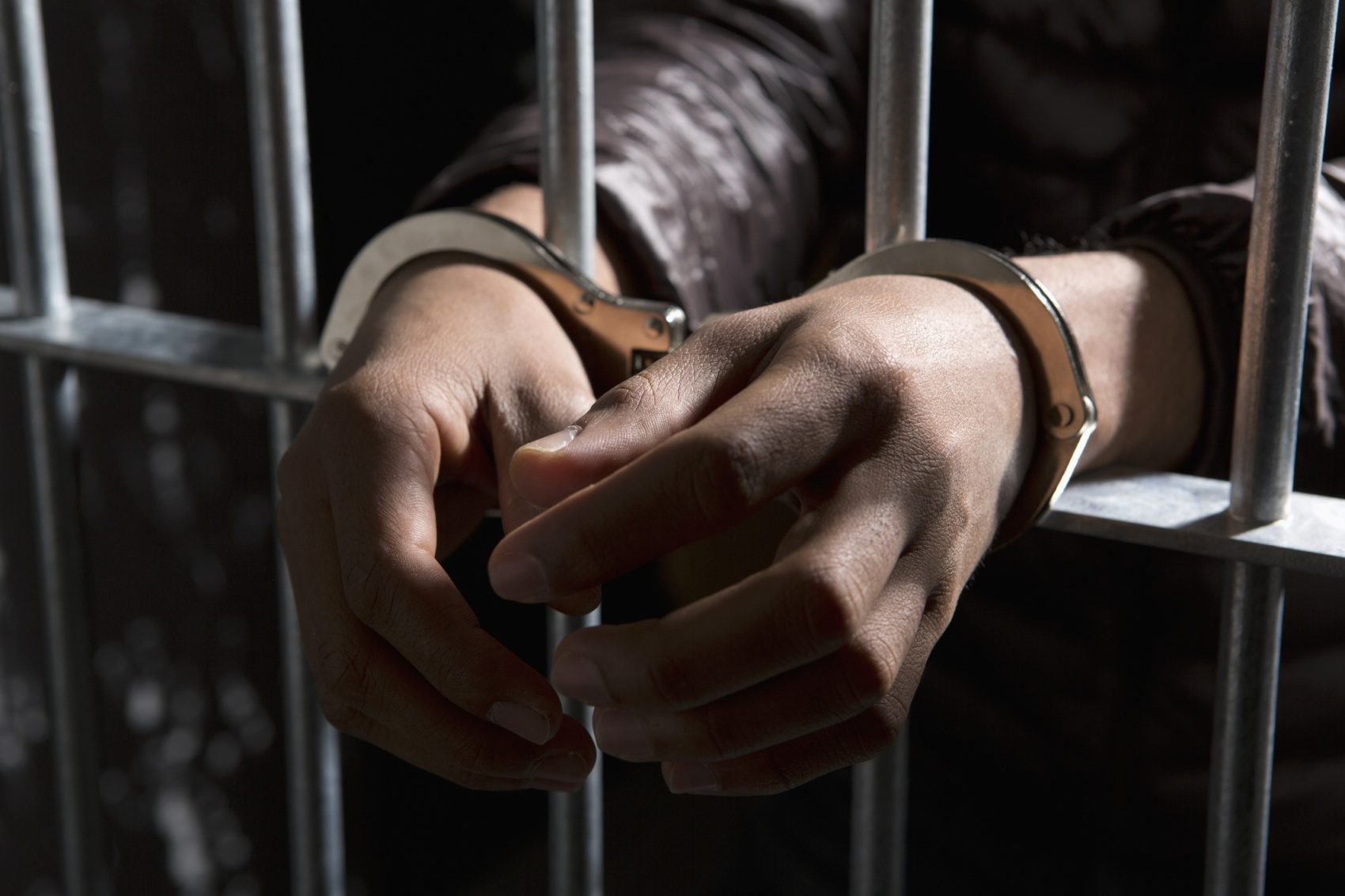When Jail Time Comes With A Bill
A case before the Kentucky Supreme Court involves a challenge to the practice of charging people for the time they are held in jail even if they are ultimately not convicted of the charges against them.

Spotlights like this one provide original commentary and analysis on pressing criminal justice issues of the day. You can read them each day in our newsletter, The Daily Appeal.
In November 2018, a ballot initiative in Florida that would re-enfranchise well over a million people with felony convictions was hailed as a historic voting rights victory. In the months since, many of those people have seen their re-enfranchisement delayed because of an argument advanced by Republican lawmakers and the governor that they must first pay any outstanding legal system debt. For some people, this amount runs to tens of thousands of dollars, an amount that is impossible to pay.
The fight in Florida has drawn attention to the crippling financial obligations the criminal legal system imposes, how long these debts can trail people, and how various and significant the consequences can be. Nationally, an estimated 10 million people collectively owe more $50 billion because of their criminal legal system involvement.
Among the many kinds of fees imposed are “pay to stay” fees. They force the cost of incarceration by a state or locality onto the person who is incarcerated.
The first correctional fee law, wrote Lauren-Brooks Eisen of the Brennan Center for Justice, was introduced in Michigan in 1846. It authorized to charge people serving jail sentences for their medical care. Almost 140 years later, the sheriff and board of commissioners of Macomb County began collecting up to $60 a day from people, in an effort to recoup the costs of incarceration from the people subjected to it.
According to a 2015 report from the Brennan Center, at least 43 states now have laws authorizing “room and board” or pay-to-stay fees. Additionally, states authorize the booking fees charged by jails and the increasingly common charges for medical care in prison. While some state statutes allow fees to be waived if a person is indigent or has less than a specified amount in their commissary accounts, others do not address the issue. The result is that a vast number of people who are incarcerated, 80 percent of whom are poor, are charged fees they will never be able to pay. Once released, they and their families are at the mercy of debt collectors and have to suffer the effects on their credit if they are unable to pay.
A case now before the Kentucky Supreme Court advances what seems like a straightforward argument— that the cost of incarceration should, at the very least, not to be imposed on people who are not convicted of any charges. A local news television station, WDRB, reported on the case. The court is expected to rule in the next 45 days.
One of the plaintiffs is David Jones. Jones was arrested in Clark County, Kentucky, near Lexington, in 2013. He spent 14 months in jail awaiting trial and was charged $10 for every night in jail. He was released in 2015, after the charges against him were dismissed. After his release he received a bill for about $4,000.
The plaintiffs argue that the 2000 law that authorized the pay-to-stay fees explicitly required the sentencing judge to make a determination about a person’s ability to pay. This language was added in an amendment before passage and was intended to address concerns about charging people who could not afford the fees and about the constitutionality of charging someone who had not been convicted. The then-senator who introduced the original bill, said in an interview with WDRB, “That amendment passed. It seems the law has not been enforced to the letter.” The then-state Senate president, who added the amendment in question, told the station, “I don’t understand what authority [jailers have] to take any money for housing a prisoner if not found guilty.”
Yet, for 20 years, jails across Kentucky have been doing exactly that. Mike Simpson, who is the vice president of the jailers association, confirmed this to WDRB: “I can assure you the jailers in Kentucky are collecting those fees prior to people being convicted.”
The attorney for Clark County and the jail defended the practice in court. “When folks are brought into the jails, it’s not the jailers’ decision to determine guilt or innocence,” he said. “We have to house them, we have to provide for their medical needs, we have to feed them … and the courts have upheld the fact that we can secure partial reimbursement.”
(Meanwhile, Kentucky’s jail are dangerously overcrowded, as the Lexington Herald Leader reported in August, the result of the state’s escalating incarceration rate and the transfer of people serving sentences from state prisons to jails.)
The arguments being made in Kentucky reflect the extent to which government and private actors have come to rely on what one writer described, speaking of New Orleans, as “a river of money flowing from families and communities with the least amount to spare to government agencies and businesses that profit from charging for justice.”
“If you are arrested on a charge and taken to jail and the jail can clean your wallet out and keep the money regardless … of whether the charges are dismissed or you are acquitted, that just completely disregards the presumption of innocence,” Jones’s attorney, Greg Belzley, argued in court Wednesday, according to WDRB. “We’re balancing jail budgets on the backs of our most helpless and impoverished citizens. This has got to stop.”
